Keir Starmer, UK’s Labour leader has vowed to revitalise the election prospects of Britain’s main opposition Labour party, seeking to unite warring factions and broaden its public appeal with his first in-person speech since taking charge last year.
Starmer used the address to Labour’s rank-and-file to try to rebuild its fortunes after the party suffered its worst defeat since the 1930s at the last general election under his socialist predecessor, Jeremy Corbyn.
But he faces the unenviable task of unifying a party riven by internal factions and hard-left opposition to his leadership, even as Prime Minister Boris Johnson’s government battles a damaging fuel supply crisis.
Starmer sought to introduce himself to voters as a credible alternative to Johnson’s Conservatives, insisting Labour can win back traditional working-class supporters in northern England who left the party in droves two years ago.
“The voters that thought we were unpatriotic or irresponsible, or that we looked down on them, I say these simple but powerful words: we will never under my leadership go into an election with a manifesto that is not a serious plan for government,” he pledged.
Labour’s 2019 programme was widely derided as an undeliverable left-wing wish-list, which alongside Corbyn’s lack of broader popularity, was blamed for contributing to its poor showing at the polls.
‘Get a grip’
The Conservatives thrashed Labour in December 2019 on a pledge to “get Brexit done” and “level up” left-behind regions, and Johnson has since enjoyed high popularity ratings despite the coronavirus pandemic’s devastating impact.
Turmoil at the petrol pumps, coming on top of an energy supply crisis, have been blamed on Britain’s departure from the European Union, leaving the country short of workers in various key sectors.
Labour’s annual conference was seen as a way to move beyond internal squabbles and highlight perceived Tory failings, but its opening days were consumed by Starmer’s eventually successful attempts to ram through internal reforms.
While his team has taken heart from the weekend election win of Labour’s SPD sister party in Germany, the infighting and a high-profile resignation from his frontbench team upset a show of unity in the seaside town of Brighton.
Starmer tried to turn attention Wednesday back on Johnson’s under-fire administration.
“Level up? You can’t even fill up,” he said to rapturous applause and cheers, referring to Johnson’s flagship domestic policy.
“We have a fuel crisis, a pay crisis, a goods crisis, and a cost of living crisis, all at the same time,” he added.
“Either get a grip, or get out of the way, let us step up and clear up this mess.”
‘Complete abdication’
The conference has laid bare the scale of the challenge facing Starmer uniting Labour, as he faced heckles and interruptions throughout his more than hour-long speech.
Ahead of the address, Owen Jones, a left-wing activist and commentator, said the only words he wanted to hear from him were “I resign”.
“Whatever my differences with (Tony Blair’s) New Labour, in the ’90s they hammered the Tories,” Jones told AFP, adding Starmer would “go down as the worst leader in the history of the Labour party”.
“These people are abysmally failing to pin anything on them during a national crisis. It’s a complete abdication.”
Starmer, a lawyer who was formerly head of state prosecutions in England and Wales, replaced Corbyn in April 2020, just two weeks after Britain entered its first coronavirus lockdown.
He has won some plaudits in the media for lawyerly dissections of Johnson’s blustery rhetoric at their weekly jousts in parliament.
For supporters, his moderation and earnestness are what Britain and Labour need after Corbyn led the party to its worst electoral drubbing since the 1930s.
But he has failed to connect with the public at large during successive lockdowns. His style is controlled, not charismatic, and he lags Johnson in most head-to-head poll ratings.
In an apparent bid to counter that narrative, Starmer served up a highly personalised account of his journey into politics, talking about his upbringing by his tool-maker father and nurse mother.
“He gave me a deep respect for the dignity of work,” he said of his father, noting he did not hail from the “privileged background” associated with many Tory leaders.
“I am so proud to lead a party whose name is Labour.”


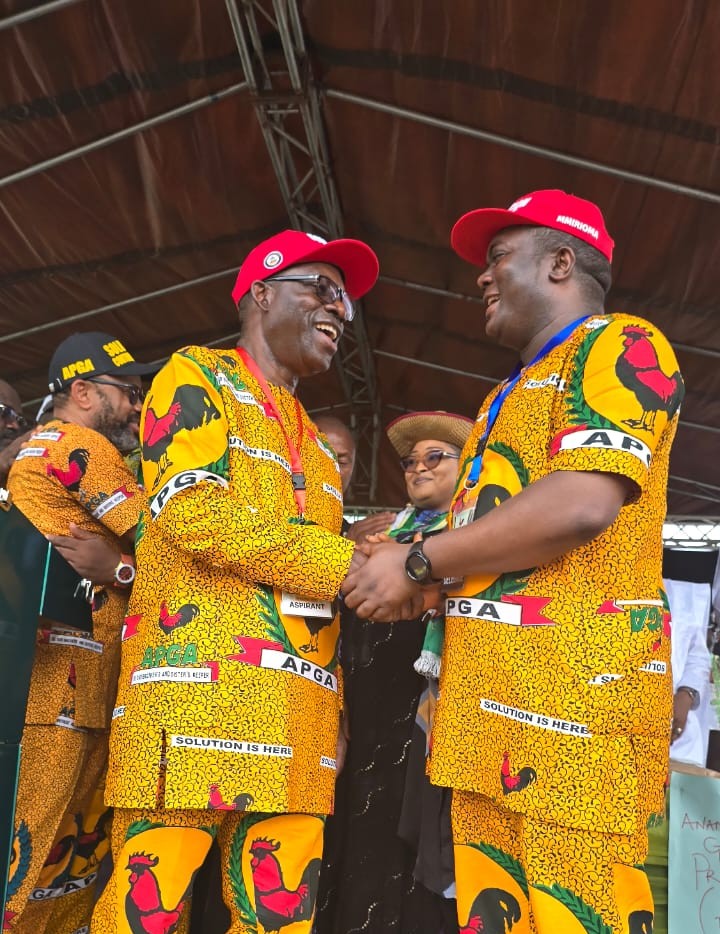
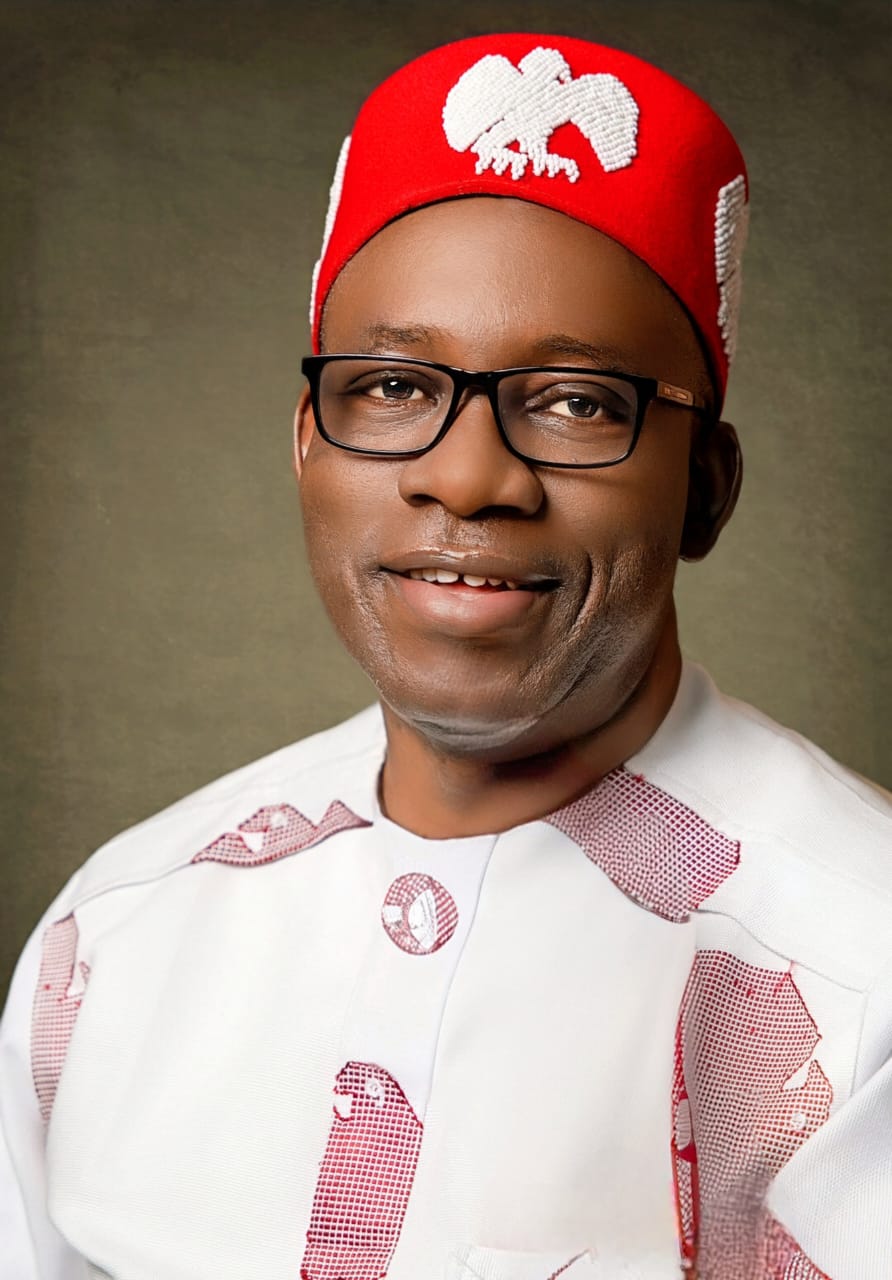
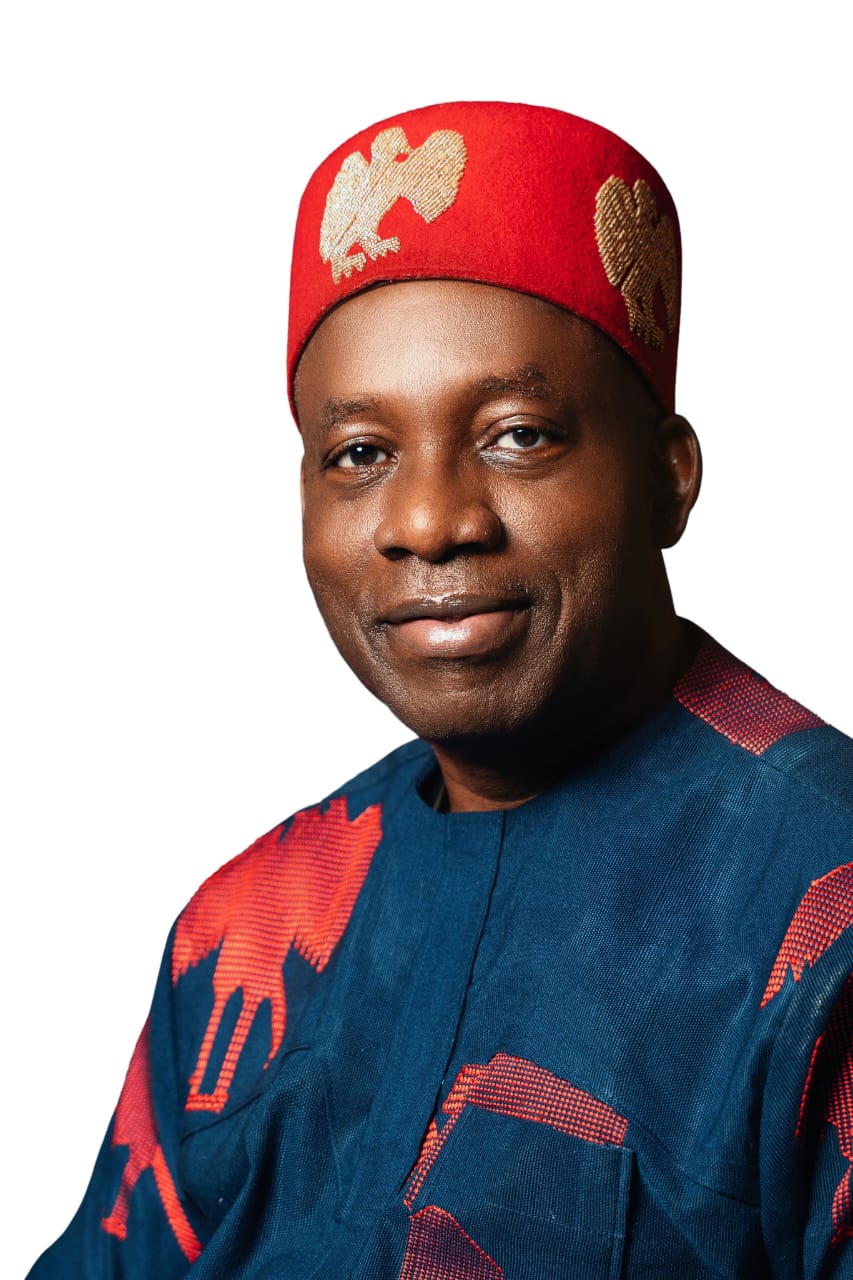
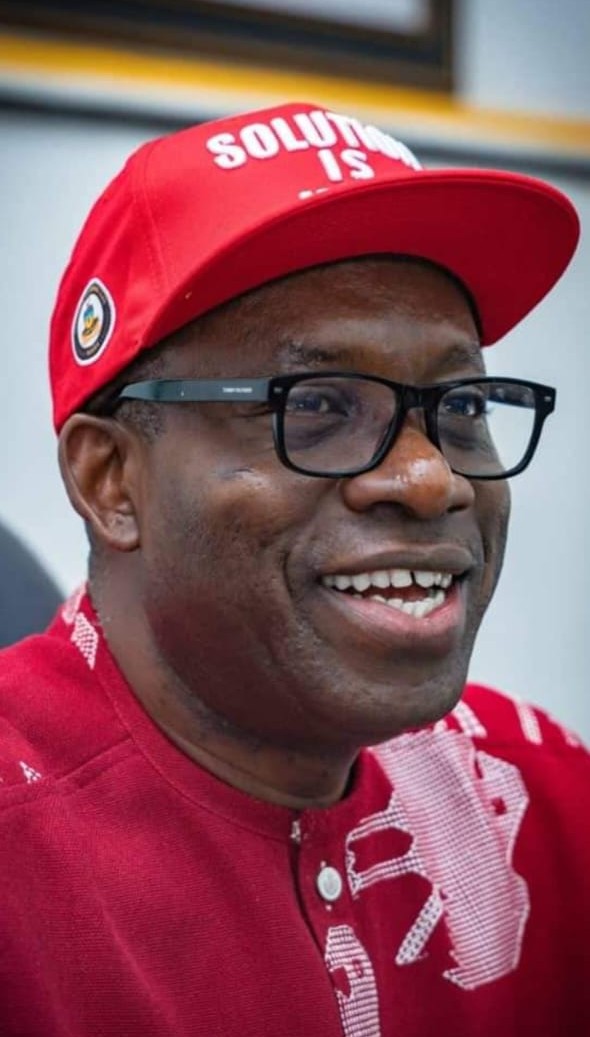








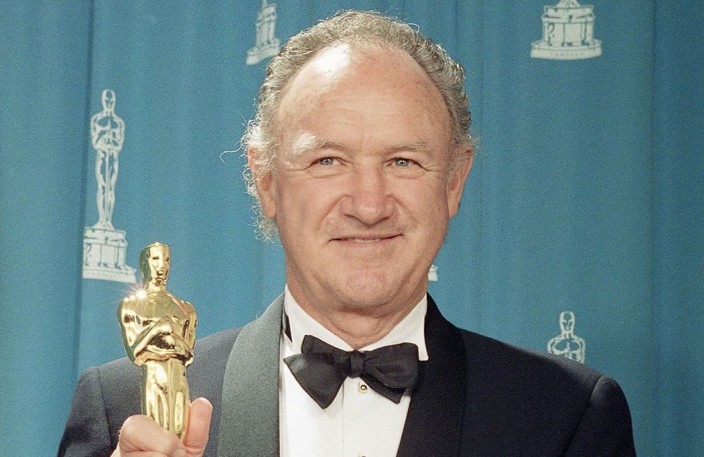








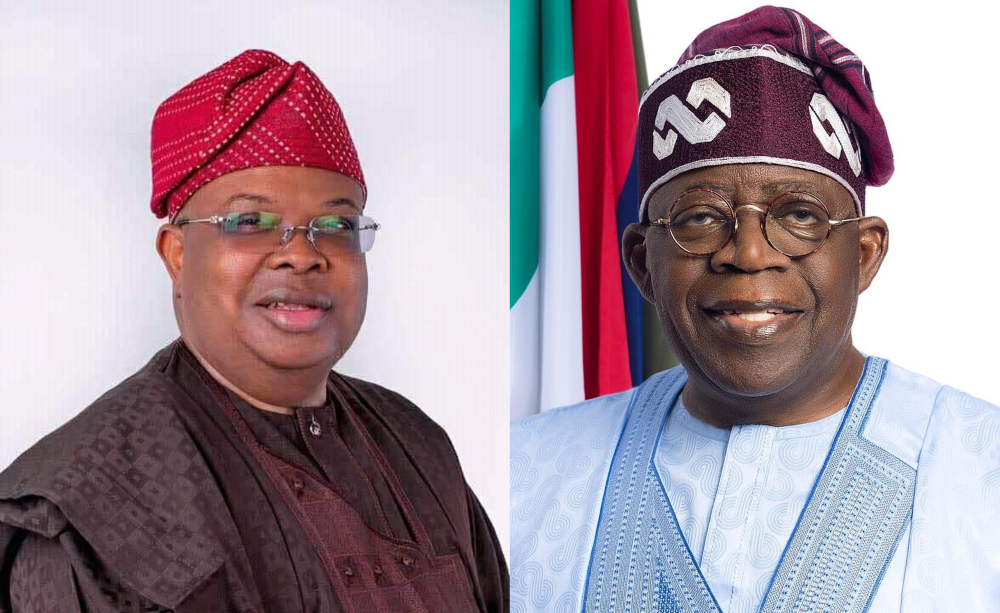


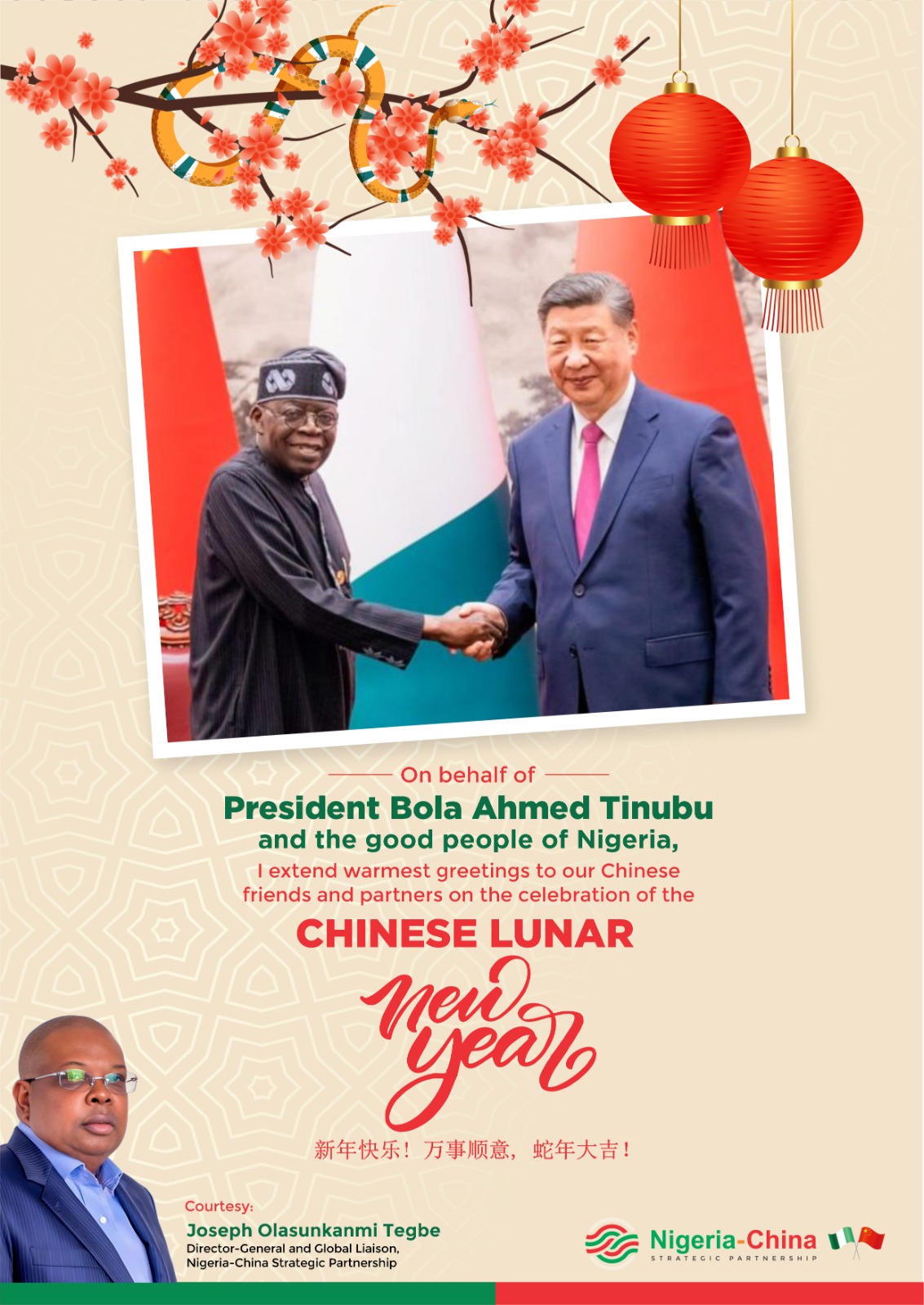

Leave a Reply